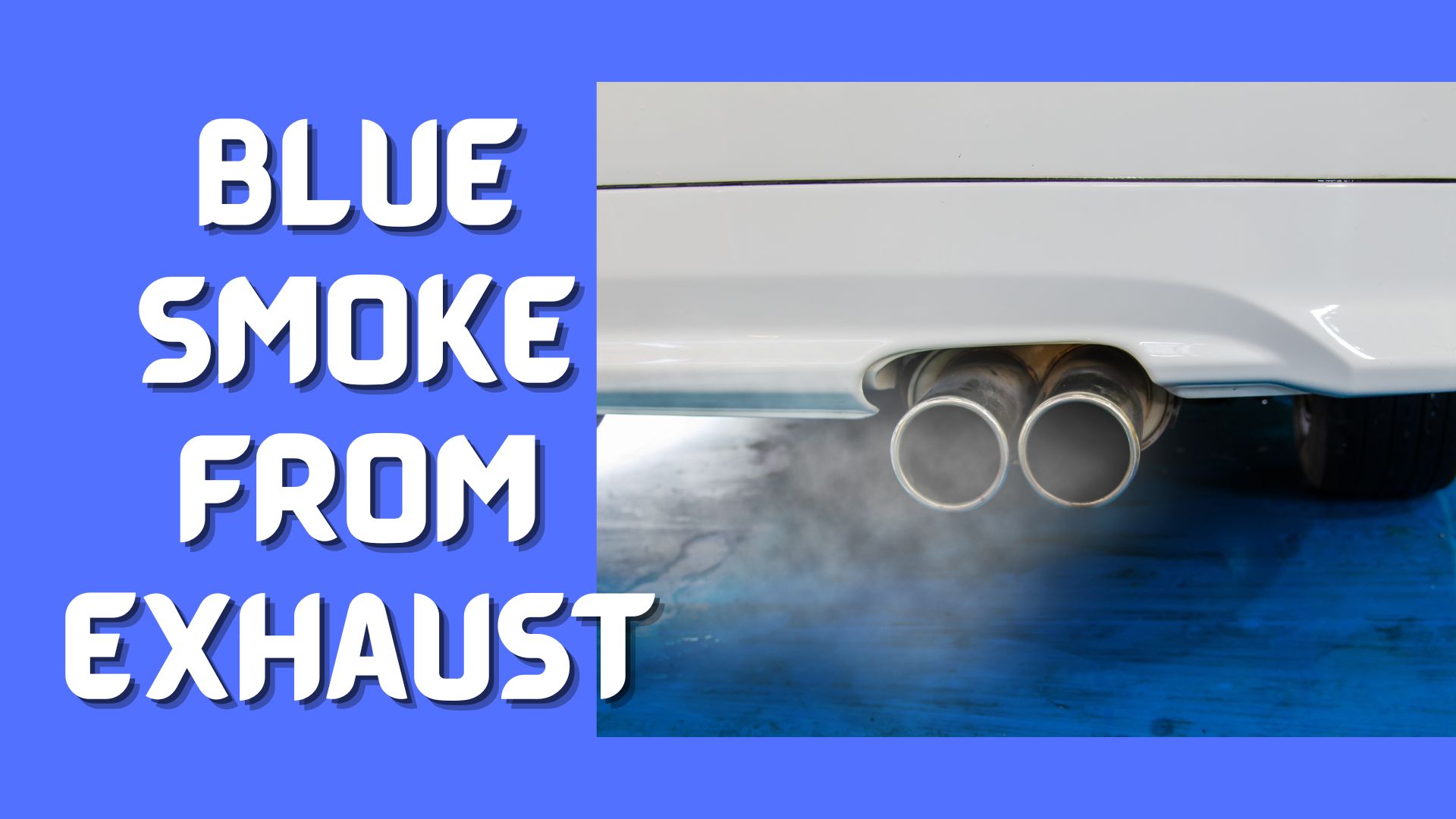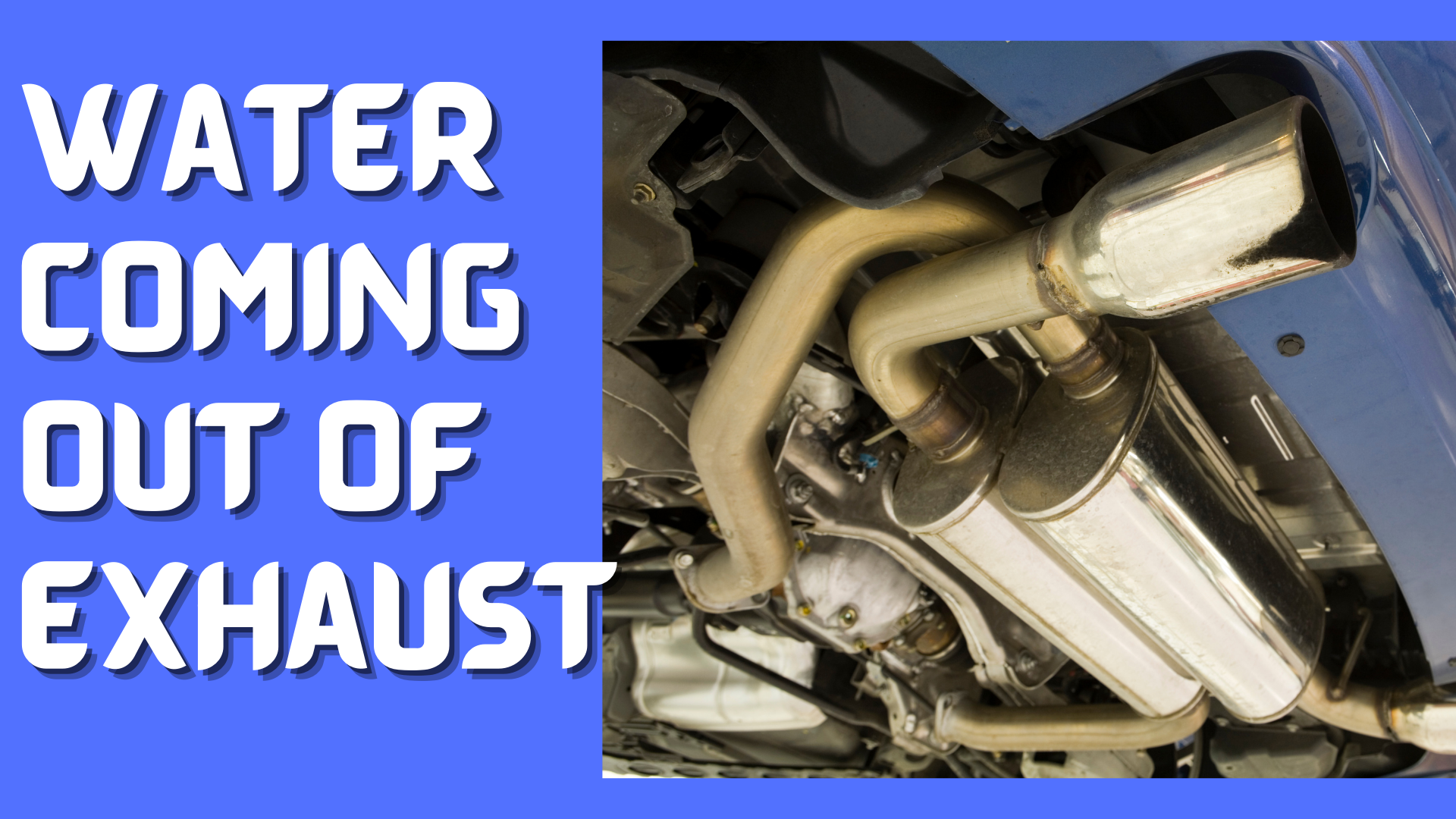Causes of Blue Smoke From the Exhaust of a Truck
The exhaust gases can tell you a lot about the condition of your truck. But what are the causes of blue smoke from the exhaust of the truck? When everything is working in perfect condition, your truck will emit a thin white smoke or very light smoke accompanied by water vapor. If you see blue smoke from your truck exhaust, something is wrong, and you should fix it immediately.
What are some of the Causes of Blue Smoke from the Exhaust?
Various reasons can lead to the emission of blue smoke from your truck. This guide will help you understand the common cause such as oil problems, turbochargers, or PCV valves.
Presence of Oil in the Combustion Chamber
The combustion chamber is composed of pistons, cylinders, and valves. The primary role of oil in the engine is to lubricate the moving parts. Pistons move in the cylinders, so they must be lubricated. The pistons have piston rings that ensure that oil does leak into the combustion chamber.
If the piston rings wear out, the oil will leak into the combustion chamber. It will mix with fuel and air. When this mixture burns, it produces blue smoke. A cracked valve seal also leads to oil mixing with fuel and air in the combustion chamber.
Faulty Turbocharger
If your truck has a turbocharger that has blown out, you will see blue smoke from the exhaust. It can also result from a leaking oil seal. Oil will seep into the engine, and if this happens, it will mix with fuel, producing blue smoke from the exhaust system.
Faulty Piston Rings
The pistons’ rings keep oil in the combustion chamber at its right position. Oil is not supposed to move into the combustion chamber. Oil will find itself in the combustion chamber when the piston rings are damaged or faulty.
As air, fuel, and oil mix, you will see blue smoke from the exhaust of your truck. Unfortunately, it is pretty costly to replace the piston rings.
Dripping Oil
When something is wrong with your truck, and hot oil starts to drip from the engine, there is a high chance this oil will come into contact with the hot areas of the engine. When this happens, you will see blue smoke as you accelerate. The blue smoke will result from oil hitting up the engine block. Such does not come from the exhaust, but it will look like it is.
Suppose oil drops from a blown gasket in the engine block. It will make its way into the hot exhaust, which will produce blue smoke.
Faulty PCV Valve
The positive crankcase ventilation does the role of releasing pressure that accumulates in the oil pan. The released pressure goes to the intake manifold for the fumes to be re-burned. When the PCV is stuck, the oil will mix with air and other gases. The intake manifold is connected to the air filter, which produces blue smoke.
Conclusion
The production of blue smoke is common, especially when part of your truck’s engine starts to wear out. When you see blue smoke from the exhaust of your truck, these are some of the common causes that you should pay attention to when doing maintenance.


